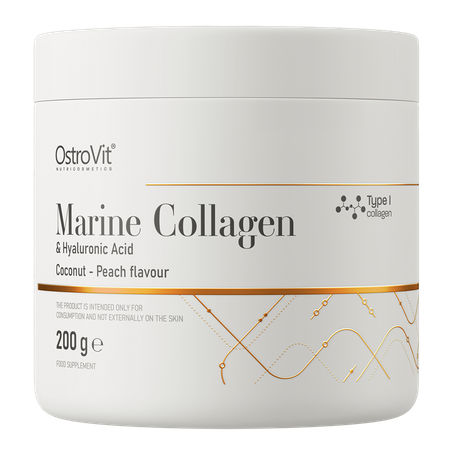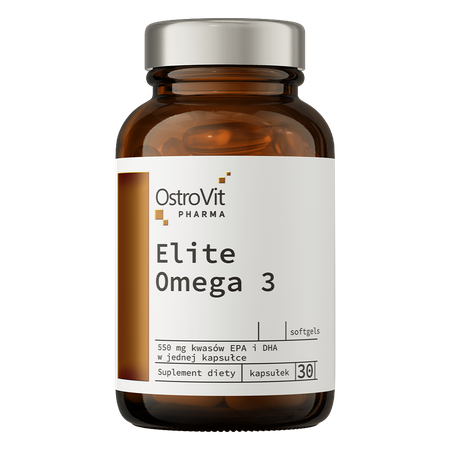Health
Health is commonly understood as the absence of disease or undesirable ailments, but in fact it is a much broader issue, which also includes mental or social well-being. So when can we talk about health? And how to take care of it?
What is health?
According to the definition of the World Health Organization, health is full physical, mental and social well-being, not just the absence of disease or disability.
This is a broad issue that needs to be considered comprehensively.
Health is the ability to function normally of the body to adapt in a changing environment or physical and mental potential, which gives the opportunity to develop various types of activities.
Dimensions of health
There are four general dimensions of health, namely:
- physical health, i.e. the proper functioning of organs,
- mental health, i.e. the ability to think logically, express one's own feelings and emotions, and cope with stress and tension,
- social health, i.e. the ability to establish and maintain interpersonal relationships and be among other people,
- spiritual health, for some, it is associated with faith and religious practice, while among others it defines behaviors and rules that allow you to achieve inner peace.
Factors affecting health
Health is affected by many factors, both external and internal, including:
- genetic factors,
- education,
- economic conditions,
- access to healthcare,
- lifestyle,
- environment,
- well-being.
How to take care of your health?
To support health, it is worth leading a healthy lifestyle. What does it mean?
You should take care of:
- Adequate length and quality of sleep - adequate length and quality of sleep - an adult should sleep continuously for a minimum of 7 hours. Children and teenagers, on the other hand, need even more sleep to function and develop properly.
- Regular physical activity - it is worth doing every day, for a minimum of 30 minutes, physical activity of moderate intensity, e.g. walking, cycling, running or swimming.
- A proper and balanced diet - which provides the body with the necessary portion of energy and all important macro- and micronutrients, in the right proportions. The daily menu should be based on vegetables and fruit, it should also include wholegrain cereal products, healthy fats, milk and dairy products as well as lean meat or fish. You should also remember about proper hydration of the body.
- Performing periodic preventive examinations - such as: blood pressure measurements, blood tests or dental check-ups.
- Limiting stimulants - i.a. alcohol consumption and smoking - and preferably completely eliminating these behaviors.
- Avoiding stress, which, although it is an inseparable element of life, in excess can adversely affect our health, contributing, i.a. to the weakening of immunity
- Adequate sun exposure - the sun can positively affect the well-being and increase the level of vitamin D in the human body. However, overexposure can be dangerous to your health. Therefore, it is always worth remembering about sunscreen and appropriate headgear.
- Thoughtful supplementation - dietary supplements are there to help compensate for deficiencies of essential ingredients in the body and improve well-being. However, there is no point in taking random vitamin preparations. Proper supplementation should be thought out and selected individually to the needs.
- Rest - In the multitude of everyday duties and challenges, we should not forget about what relaxes us and allows us to relax. Every day, devote at least a moment to pleasure. Also remember to take breaks between tasks.
Are dietary supplements helpful in taking care of health?
Because vitamins and minerals are exogenous compounds, the body cannot synthesize them on its own and must be supplied to the body with food. Each time you should strive to meet your nutritional needs by using a varied, properly composed diet.
Sometimes, however, it is difficult to provide the body with all the necessary macro- and micronutrients. Sometimes, due to the increased demand of the body, adequate supply of compounds is not possible. And that's when it's worth taking advantage of the benefits of supplementation.
- Dietary supplements may prove to be a support for athletes who lose significant amounts of valuable nutrients during physical exertion and are unable to cover the increased demand through a healthy diet.
- Vitamin preparations can support people exposed to prolonged stress and leading an intense lifestyle. Antioxidants may be helpful, which can help neutralize free radicals and reduce oxidative stress.
- Supplements can also be a support for the elderly when the absorption of elements and compounds from the daily diet is no longer at such a high level as it used to be or among people using restrictive diets, e.g. vegan, when the daily menu does not supplement the emerging deficiencies.
It can therefore be concluded that dietary supplements can be helpful in taking care of health. However, remember to use them in accordance with the manufacturer's recommendations and only if a healthy diet is not enough.

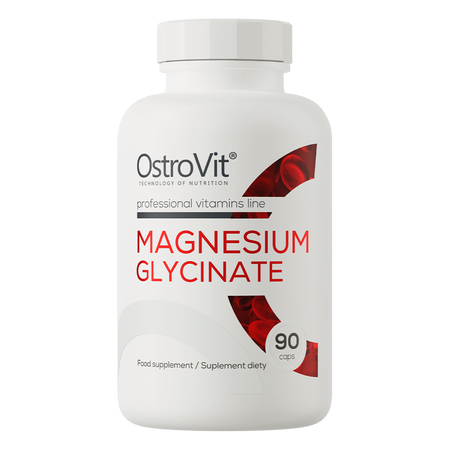
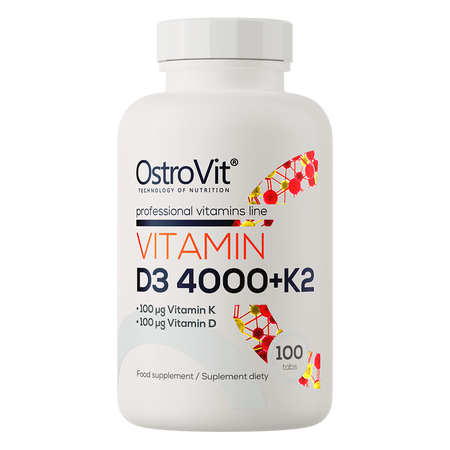
 Bestseller
Bestseller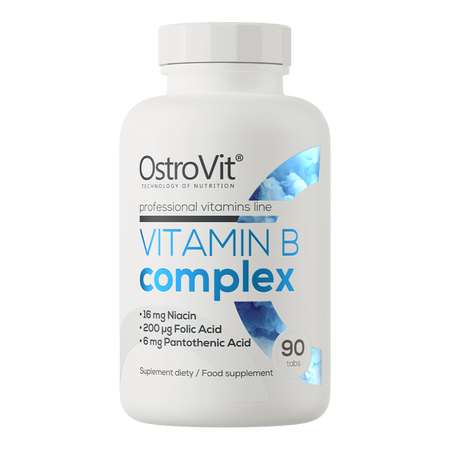

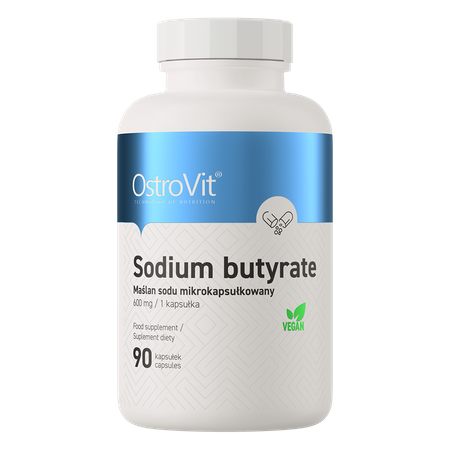

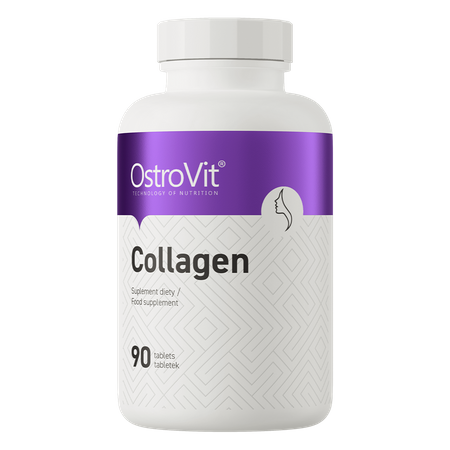
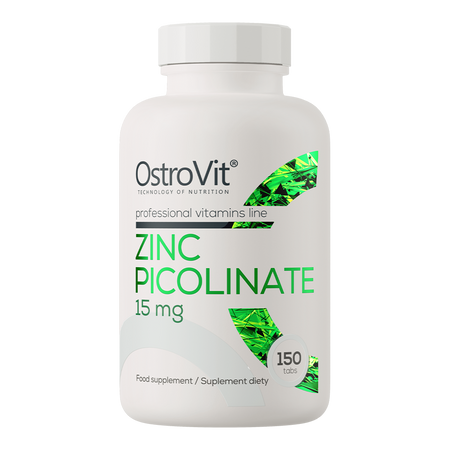
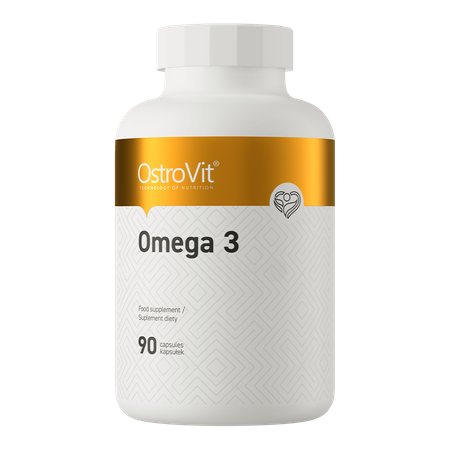

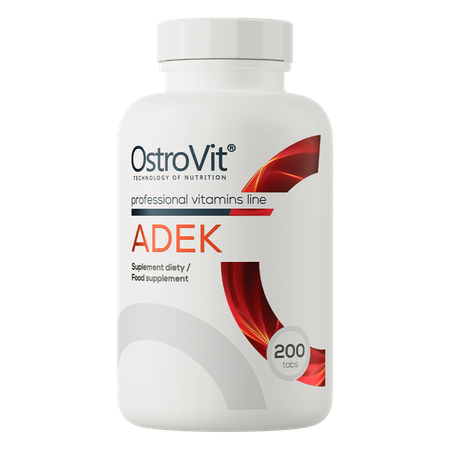
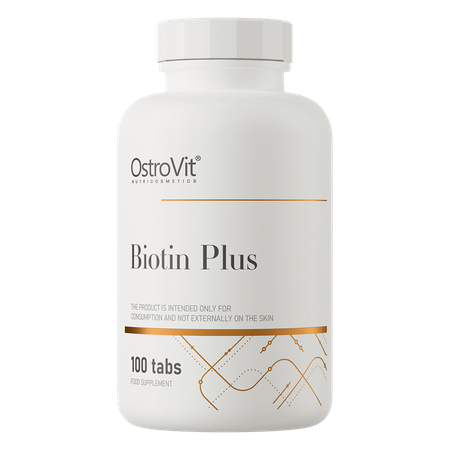

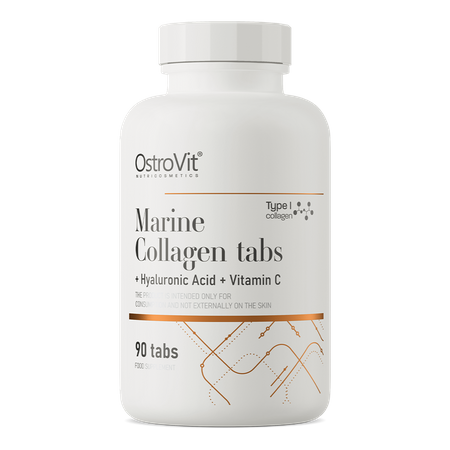
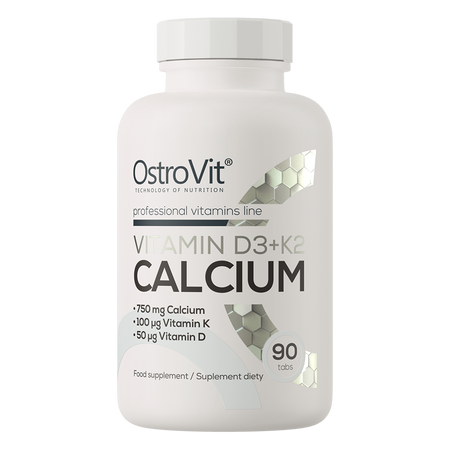

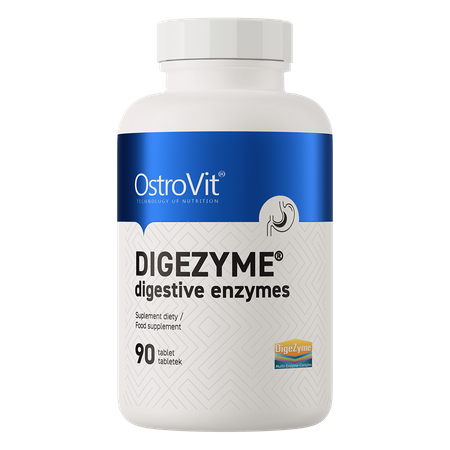
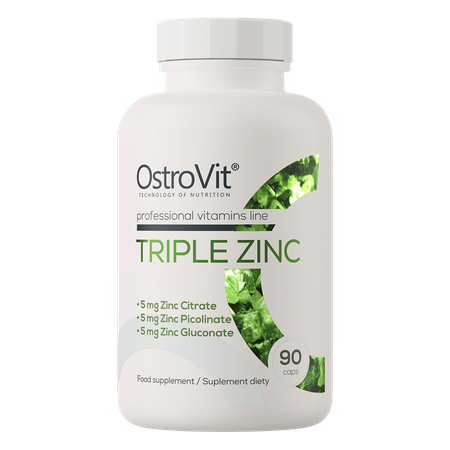

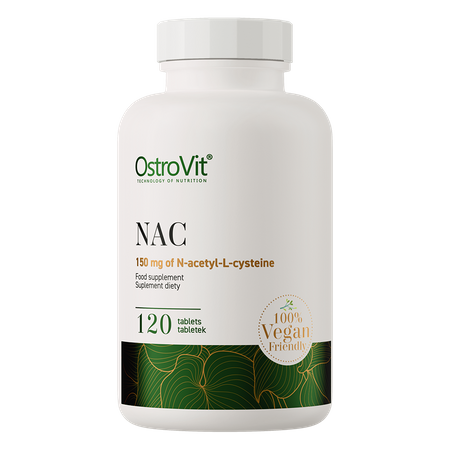
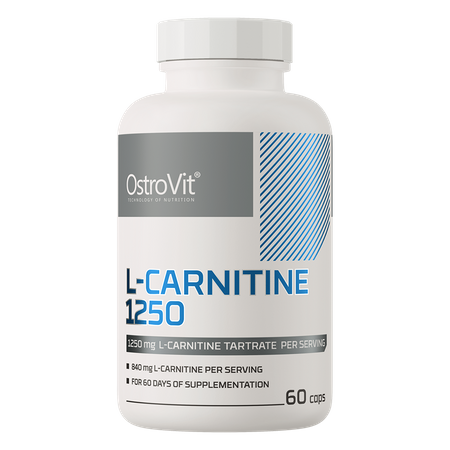
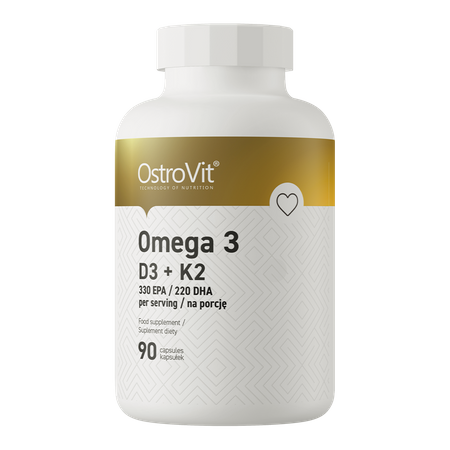
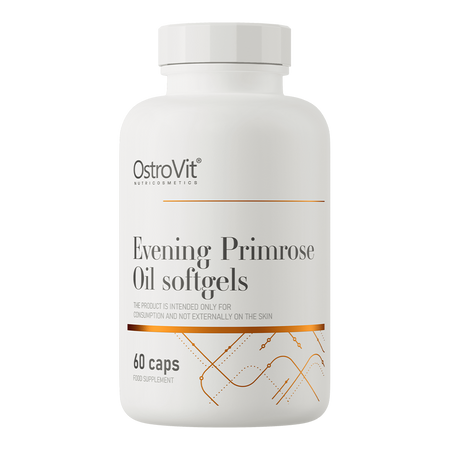
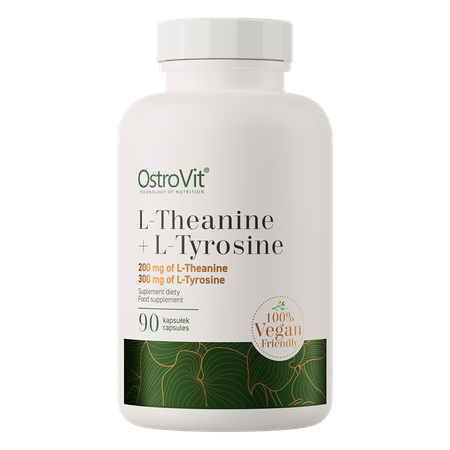

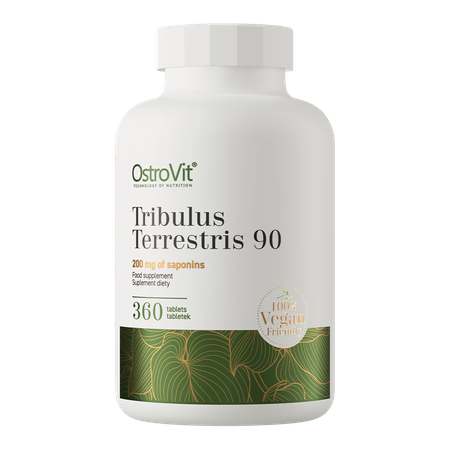
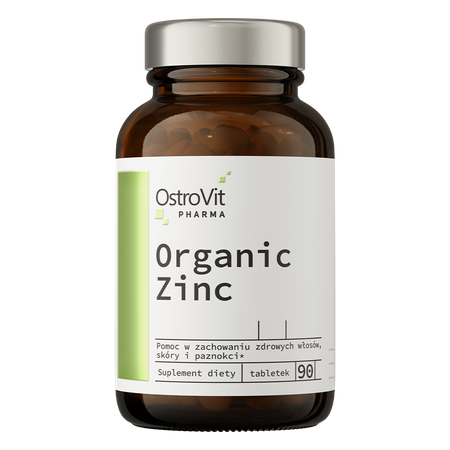


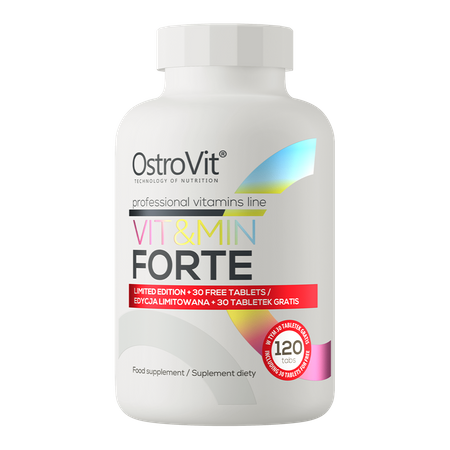
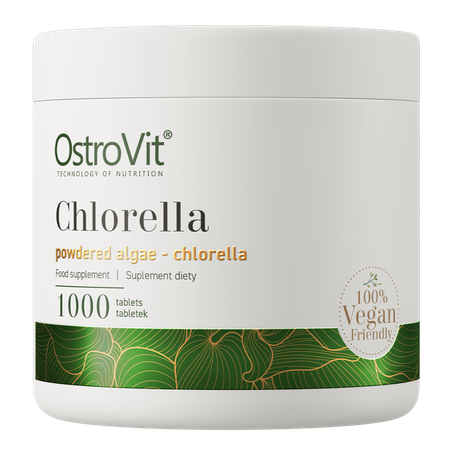
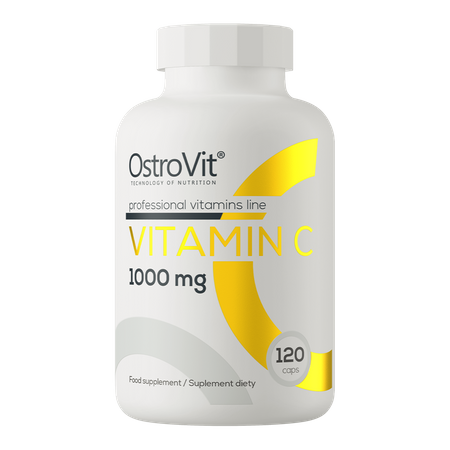

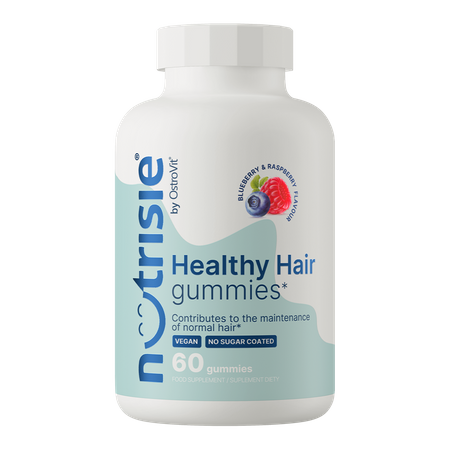
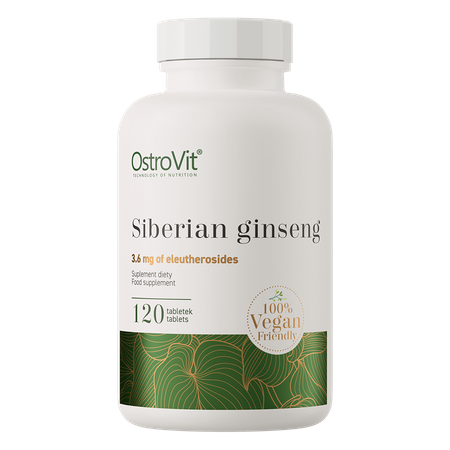
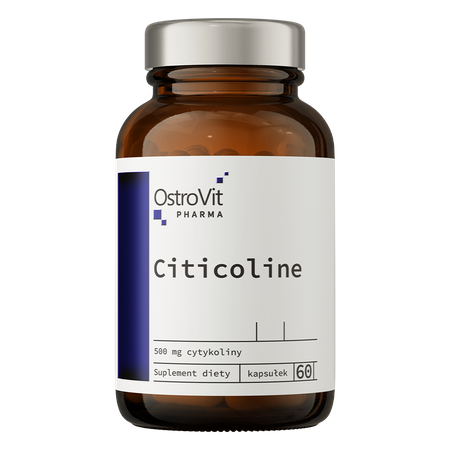
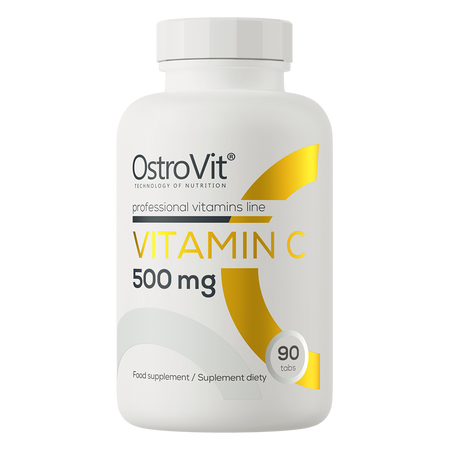
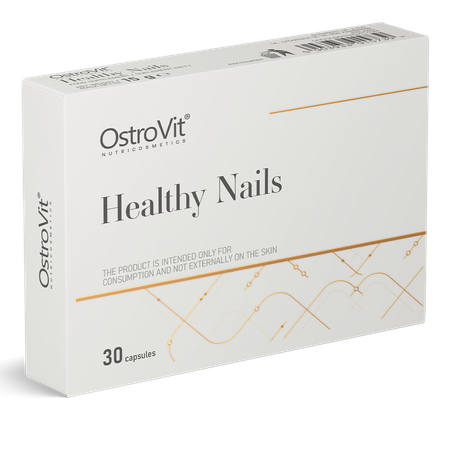
 New
New
